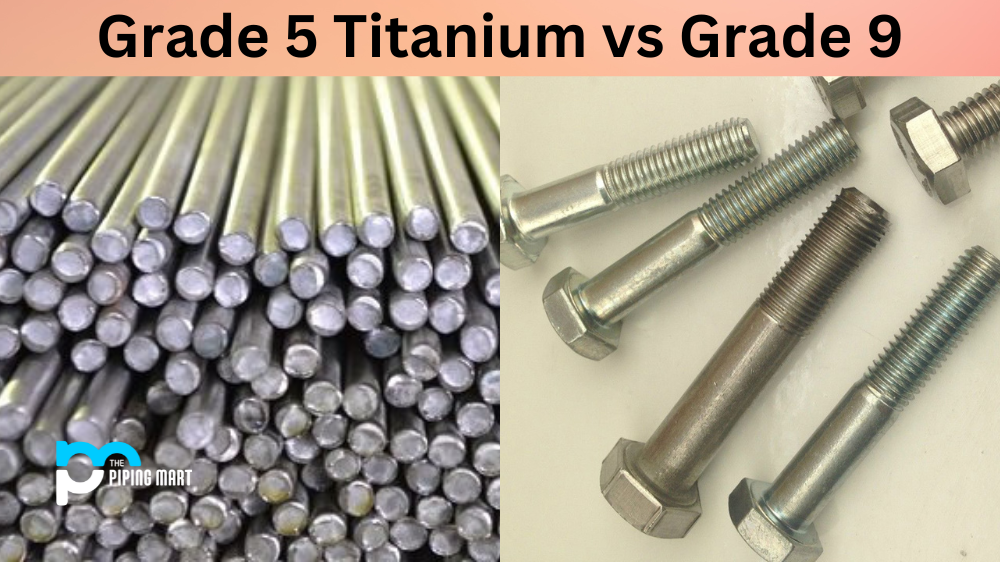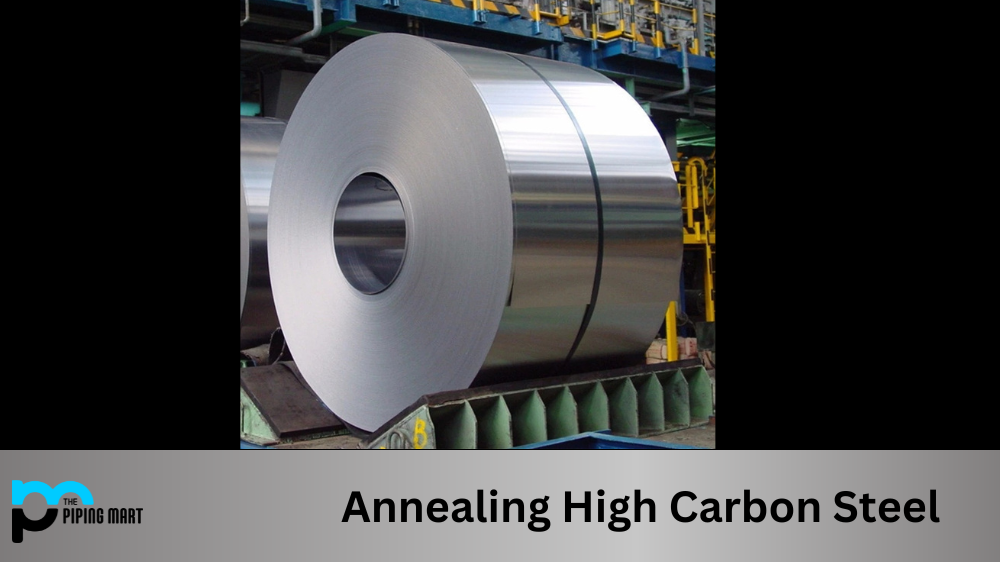Titanium is a popular material used in various industries due to its lightweight and high-strength properties. It makes aeroplanes, automobiles, jewellery, orthopaedic implants, and sporting equipment. And while there are several grades of titanium, we will discuss the differences between Grade 5 and Grade 9 in this blog post.
What is Grade 5?
Grade 5, also called Ti6Al4V, is the most common titanium alloy. It is made up of 6% aluminium, 4% vanadium, and the rest is pure titanium. It offers high strength, toughness, and thermal stability. Its unique properties make it suitable for high-temperature environments and applications requiring high strength. It is commonly used in aerospace applications such as aircraft components, engine parts, and missile bodies. The medical industry uses Grade 5 titanium for dental implants, surgical instruments, and joint replacements.
What is Grade 9?
On the other hand, Grade 9, also called Ti-3AL-2.5V, is an alpha-beta alloy containing 3% aluminium and 2.5% vanadium; the rest is pure titanium. It offers excellent corrosion resistance, high strength, and high fatigue strength. Grade 9 is often used for marine and underwater applications due to its excellent corrosion resistance. It is also used in aerospace and sports equipment, such as bicycle frames and golf clubs.
Difference Between Grade 5 Titanium and Grade 9
Properties And Composition
While Grade 5 and Grade 9 may have some similarities, there are marked differences in their composition and properties. While they both contain aluminium and vanadium, the proportions are different. Grade 5 has 6% aluminium and 4% vanadium, while Grade 9 has 3% aluminium and 2.5% vanadium. These differences affect their properties, including strength, ductility, and corrosion resistance.
Tensile Strength and Corrosion Resistance
Regarding tensile strength, Grade 5 has a higher strength-to-weight ratio than Grade 9. It has a tensile strength of up to 1290 MPa, while Grade 9 has a tensile strength of up to 880 MPa. However, Grade 9 has better ductility, making it more cracking and breaking-resistant. Additionally, Grade 9 has better corrosion resistance in saltwater environments, making it ideal for marine applications.
Conclusion
In conclusion, Grade 5 and Grade 9 are two popular titanium alloys with different properties. Grade 5 is known for its high strength and toughness and is commonly used in aerospace and medical applications. On the other hand, Grade 9 is known for its excellent corrosion resistance and high fatigue strength, making it ideal for marine and sports equipment. Ultimately, the choice between the two alloys depends on the specific application and requirement. It is important to consult with a professional specialising in titanium to determine which grade is best for your needs.




